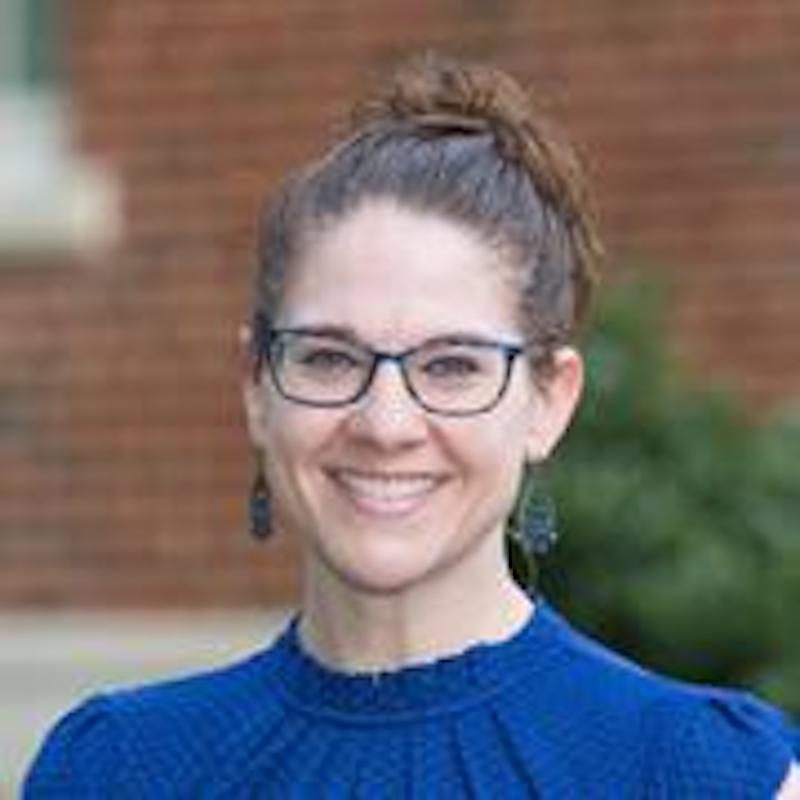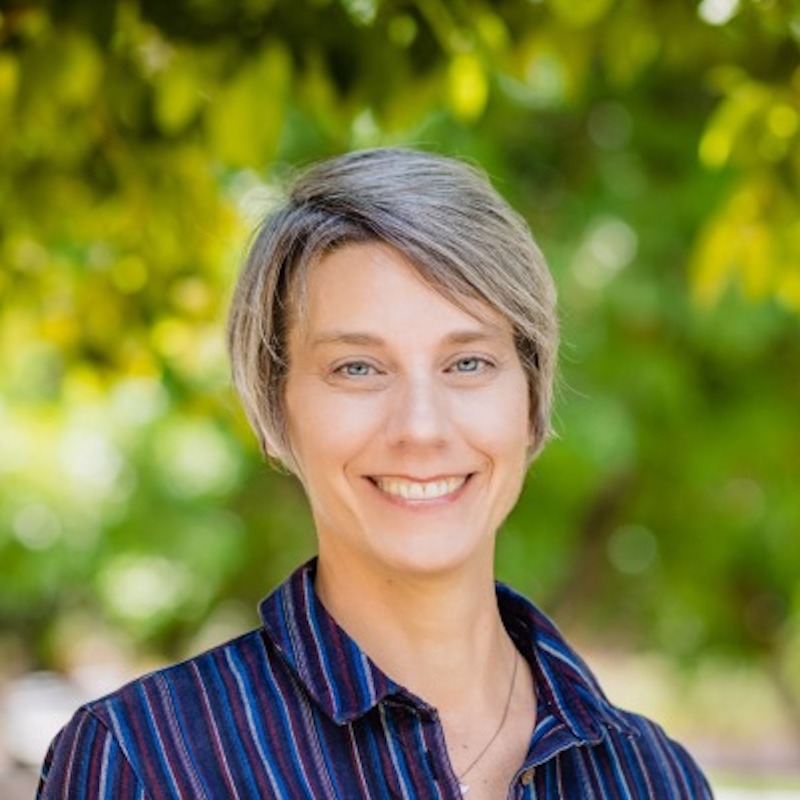Jocelyn Bell Burnell
Visiting Academic, University of OxfordChancellor, University of Dundee, Scotland
Jocelyn Bell Burnell inadvertently discovered pulsars as a
graduate student in radio astronomy in Cambridge, opening up a
new branch of astrophysics, work recognised by the award of a
Nobel Prize to her supervisor. She has subsequently worked in
many roles in many branches of astronomy, working part-time
while raising a family. She is now a visiting academic in Oxford
and the chancellor of the University of Dundee, Scotland. She
has been president of the UK’s Royal Astronomical Society, in
2008 became the first female president of the Institute of
Physics for the UK and Ireland, and in 2014 the first female
president of the Royal Society of Edinburgh. She was one of the
small group of women scientists that set up the Athena SWAN
scheme. She has received many honors, including a $3 million
Breakthrough Prize in 2018. The public appreciation and
understanding of science have always been important to her, and
she is much in demand as a speaker and broadcaster. In her spare
time, she gardens, listens to choral music, and is active in the
Quakers. She has co-edited an anthology of poetry with an
astronomical theme, Dark Matter; Poems of Space.
Website:
https://www.mansfield.ox.ac.uk/professor-jocelyn-bell-burnell
Kat Gardner-Vandy
Assistant Professor, Oklahoma State University
Dr. Kat Gardner-Vandy (citizen of Choctaw Nation of Oklahoma) is
an Assistant Professor of Aviation and Space in the School of
Educational Foundations, Leadership and Aviation. She is a
Geologist (BS 2005), Planetary Scientist (PhD 2012), and private
pilot (2005). She is the Principal Investigator of a NASA
Science Activation program at OSU titled "Native Earth | Native
Sky."
Website:
https://experts.okstate.edu/kat.gardner-vandy
Marcia Rieke
Professor, University Of Arizona
Marcia J. Rieke is a Professor of Astronomy at the University of
Arizona, and is the principal investigator for the near-infrared
camera (NIRCam) on the James Webb Space Telescope.Rieke's
research interests include infrared observations of the center
of the Milky Way and of other galactic nuclei. She has served as
the deputy principal investigator on the Near Infrared Camera
and Multi-Object Spectrometer for the Hubble Space Telescope
(NICMOS), and the outreach coordinator for the Spitzer Space
Telescope. Rieke came to the University of Arizona (UA) in 1976
and has made seminal contributions to infrared astronomy. Her
contributions to astronomical research, to instrument
development and to service to the astronomical community in
public policy and outreach are recognized internationally. She
also has been active in using Arizona's ground-based telescopes
and a member of the UA College of Science's Galileo Circle
Fellows. Marcia Rieke was born in Michigan, where the presence
of Dow Chemicals headquarters made science a topic of interest
for kids throughout the school system. Rieke received her
undergraduate and graduate degrees in physics from the
Massachusetts Institute of Technology, Boston, Mass. She was
elected a fellow of the American Academy of Arts and Sciences,
joining the ranks of former vice presidents and Supreme Court
justices, Nobel and Academy Award winners and prominent
executives.
Website:
https://webb.nasa.gov/content/meetTheTeam/people/riekeMarcia.html
Rebecca Lipson
Undergraduate Research and Special Projects Coordinator, University Of Arizona
Rebecca Lipson earned a B.A in biology from Gustavus Adolphus
College. She feels very fortunate to have had access to doing
research as an undergrad, studying ecology in the forests of
Minnesota. After a variety of post-baccalaureate life
experiences, Rebecca found her calling in education, spending 8
years teaching middle school science, math, and special
education in Tucson’s public schools. Before joining the Office
of Societal Impact, Rebecca helped launch and grow UA Sky School
as the Assistant Director of Education from 2013 to 2021. Having
seen the positive impacts of engaging K-12 students in
scientific inquiry and research, Rebecca is motivated to create
accessible and equitable opportunities for UAZ students, both in
and beyond the classroom via research, internships, mentorship,
and personal growth. Her role in Societal Impact allows her to
work on undergraduate research initiatives and the TIMESTEP
program, which supports undergraduate success and retention
primarily for astronomy and physics majors at UAZ. When not in
front of a computer or in a classroom, Rebecca can be found
gardening, hiking, camping, and just generally enjoying the
outdoors with her family.
Website:
https://impact.arizona.edu/person/rebecca-lipson
This interactive workshop will challenge imposter syndrome thoughts and help you create an action plan to move forward more confidently in your education and career.
Christine O'Donnell
Education & Diversity Program Manager, American Physical Society
Dr. Christine O'Donnell is passionate about investigating how
the Universe works and sharing that knowledge with others. She
is currently an Education & Diversity Program Manager at the
American Physical Society (APS), the largest professional
society for physicists in the US. Prior to her work with APS,
she was involed in education research, with a focus on equity
and inclusion in science education. She created and implemented
culturally responsive science curriculum and associated
professional/instructor development in order to empower students
to be able to engage with and critique science (including both
content and cultural norms) to improve society.
Website:
https://caodonnell.github.io/
Hannah Knaack
Graduate Student, University of Colorado Boulder
As a leader of the Women in Physics group she has helped
organize and attended a lot of workshops on intrinsic bias,
racism, sexism, imposter syndrome, career planning, etc and
after she took the AGL mentorship course she gave an abbreviated
version for the group. As part of the visit weekends for CU
Boulder she have served on student groups and grad life panels
probably half a dozen times.
Website:
https://www.nist.gov/people/hannah-knaack
Yulia Pimonova
Graduate Student, University of Utah
Gender stereotypes and biases have been persistent challenges in
academia, affecting the experiences and opportunities of women
researchers. In the age of Artificial Intelligence (AI), these
biases can be further exaggerated and amplified, perpetuating
the underrepresentation of women in scientific fields. This
workshop, designed for undergraduate female students, aims to
shed light on the biases against women researchers and explore
how AI technologies can inadvertently perpetuate and reinforce
these stereotypes.
Website:
https://www.gruenwaldgroup.com/about






